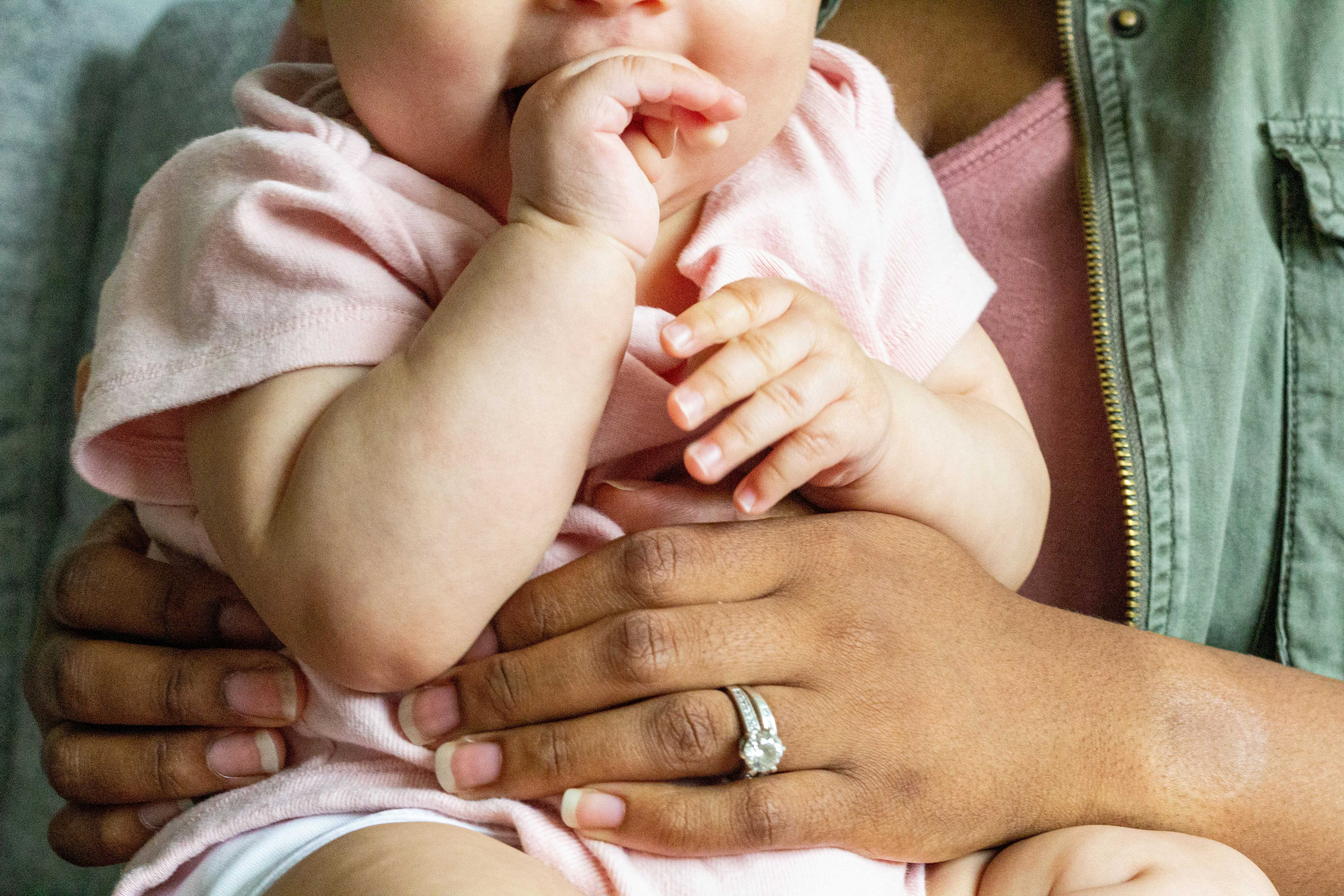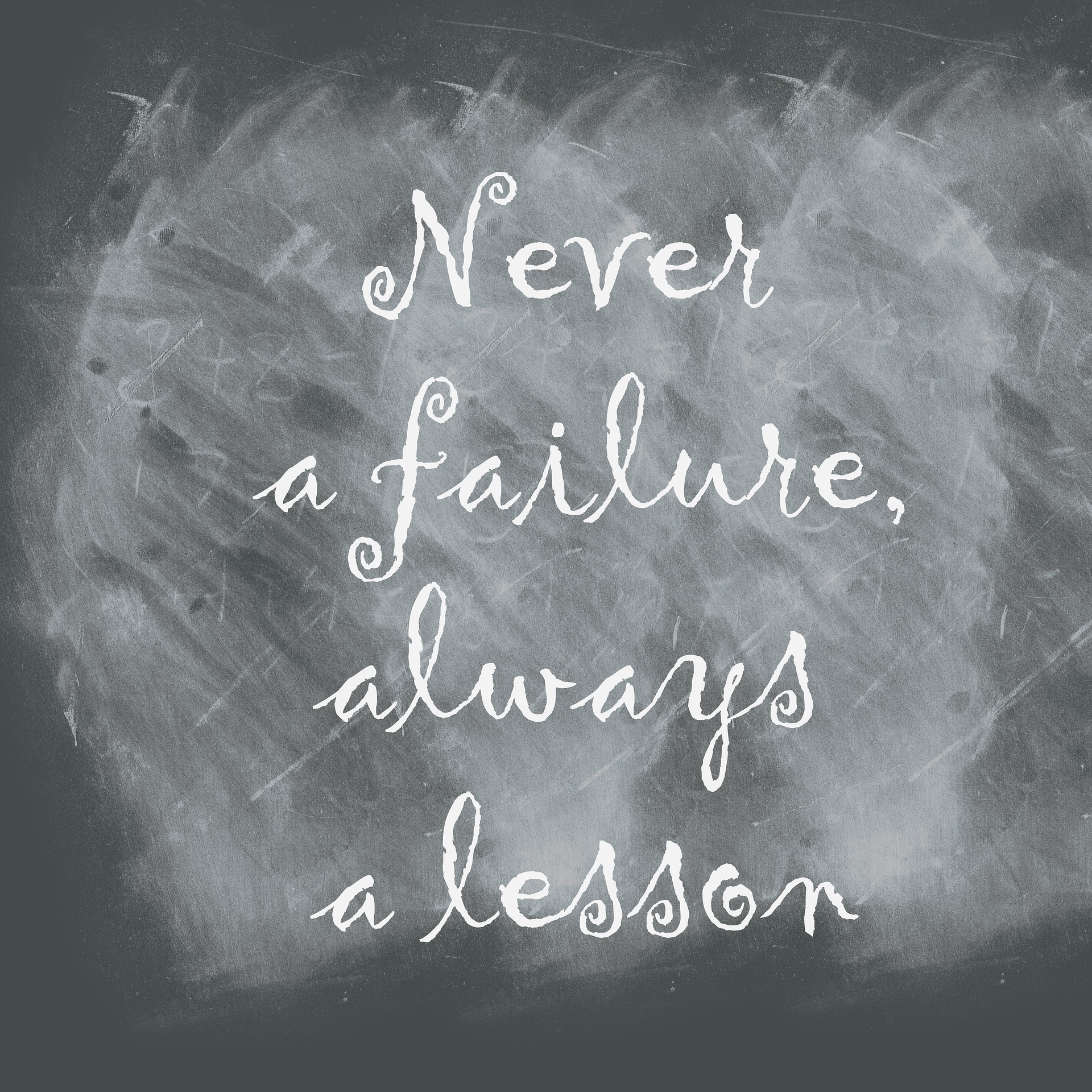Located in Cary, NC. I provide Online Psychotherapy for Postpartum Depression and Anxiety in 42 + US States & Throughout NC, including Raleigh, Durham, Chapel Hill, Charlotte, Greensboro, Winston-Salem, High Point, Asheville, and Wilmington.

Build Confidence in Motherhood
I will support you each session so you are empowered to trust your instincts as a mother, regain your sense of self-worth, and overcome the self-doubt that holds you back from enjoying being a mom fully.

Feel Calm and Like Yourself Again
Through personalized therapy, you’ll learn effective coping strategies to manage anxiety and reduce emotional overwhelm, helping you feel more in control and calm every day.

Build Strong Healthy Family Relationships
By working through your emotions and improving your communication, you’ll build stronger, more supportive relationships with your partner and loved ones, creating a healthier home and a much happier you.
I Know What You Are Going Through, Many More Moms Have gone through it than You will ever know. It gets better with help.
You’ve been through so much to bring this baby into the world, and you thought it would feel better once the baby came. But instead, you feel disappointed, scared, and overwhelmed- and worst of all, guilty for feeling this way. Some days, you fear you’ve made a mistake. You love your baby, but the exhaustion, self-doubt, and emotional breakdowns make you question if you’ll ever feel like yourself again—let alone the mother you always wanted to be. You’re afraid you’ll never have time for yourself or what YOU want and need.
You’re scared of losing the closeness with your partner. The last thing you feel like doing is having sex. You would much rather take a nap.
There is so much more to do now and you don’t know how or don’t want to ask for help. You have always had it together. You don’t want others to see on the outside how you are feeling on the inside.
Maybe you don’t have the support you hoped for from family—or maybe past conflicts and family issues make it hard to reach out. You feel isolated, ashamed, and unsure of where to turn.
You have never felt this in over your head. This feels like it might be postpartum anxiety.
If this isn’t your first baby, you hoped this time would feel different. Instead, you’re afraid you won’t have enough to give—to your new baby, your older child, or even yourself. You wonder, Will my kids feel abandoned? Will they even like each other?
Or maybe your own childhood left you unsure of how to be the mother you want to be. If so, look at my Childhood Trauma and Dysfunctional Families page.
Are you a mom with ADHD? I specialize in ADHD and psychotherapy with depressed and anxious postpartum mothers. See my page, Moms with ADHD.
This isn’t just exhaustion. This isn’t just the baby blues. And you don’t have to go through it alone. Come and try therapy for postpartum depression.

Are You Having Thoughts Like This?
- I am scared to tell my partner what I am thinking and how I am feeling. Will they think I am weak or a bad mother? They have always thought that I have it all together. What if they don’t love or respect me anymore?
- Sometimes I have thoughts that scare me and I am worried what other people would think if they knew what I was thinking. Other mothers look so confident and happy, how come I don’t feel like that? I just keep finding a way to get through the day. What is wrong with me?
- My partner and I are fighting a lot and our relationship doesn’t feel as good as it used to. I know I am too irritable, but I can’t seem to keep it together and I end up snapping at them.
- How am I going to handle going back to work? How will I be able to function without getting enough sleep?I thought I wanted to stay home but now I think I would feel better going back to work. A good mom wouldn’t feel like this.
- I don’t want to breastfeed but I am afraid my partner and friends will think I am not dedicated to being a mom. I am not going to be good at this or I wouldn’t be failing at breastfeeding.
- If I had that “mothering instinct,” I wouldn’t need to ask for help. I would feel like I knew what I was doing. Oh no, what if these negative feelings I am having affect the baby…
Identify and work through old childhood
wounds that may be resurfacing now. You may
not be aware of how “ghosts in the nursery”
may be negatively affecting your confidence and
increasing your anxiety and depression.
Process the experience of pregnancy and
childbirth, particularly when it doesn’t go as
planned, or you have experienced trauma
during pregnancy or childbirth.
Feel more connected to your baby and your
older children.
Learn how to give them not only what they need
physically but also what they need emotionally.
Do you have older children in addition to a
newborn?
See my page about the middle years
Therapy will give you the Skills and Support You Need to Enjoy Your New Baby and your new Life.



For over 25 years, I’ve helped hundreds of mothers overcome postpartum depression and anxiety. As a certified perinatal mental health provider through Postpartum Support International, I specialize in guiding mothers toward emotional stability, confidence, and a sense of peace in motherhood.
“I believe that being a mother is both the hardest and most rewarding job in the world. No one should have to navigate the challenges of postpartum depression and anxiety alone—you deserve support, understanding, and the tools to find joy in motherhood.”

How It Works – No Matter Where You’re Starting
Whether it’s your first time in therapy or you’ve been before, I make the process easy and comfortable so you can start feeling better, fast.
The Healing and Empowerment Plan
1. Schedule Your Free Consultation
Take the first step toward healing by booking a free consultation. Help is just a very safe conversation away.
2. Begin Your Personalized Healing Journey
Through expert-guided sessions, you’ll gain emotional support, coping strategies, and a safe space to heal. You’ll feel seen, heard, and supported as you build confidence and resilience.
3. Rediscover Emotional Resilience and Confidence
With the right tools and support, you’ll manage anxiety, reduce self-doubt, and reconnect with yourself and your family. You’ll feel more present, emotionally stable, and in control of your motherhood journey.
Why Choose My Specialized Therapy for Postpartum Depression?
Experience the Happiness You Always Expected Would Be a Part of Being a New Mother
Through psychotherapy, you will learn how to communicate with your partner when you need help AND keep (or get back) the closeness you felt with them in the past. I will help you regain the energy to start doing the things you need to do to feel better.
You can find the confidence you need to make friends with other new mothers, talk about how you are feeling with others, and not feel so alone. I will also help you learn how to manage other new challenges like conflicts with your in-laws or your parents. You will find faith you can meet these new challenges and not feel depleted or demoralized.
Imagine waking up and feeling calm, in control, and confident in your ability to handle the day ahead. The anxious thoughts that once consumed you no longer hold the same power, and when challenges arise, you have the tools to manage them with clarity and resilience.
You’ll learn effective coping strategies that help you navigate the emotional ups and downs of motherhood with strength and self-assurance, rather than fear and doubt.
You’ll also experience the relief of being truly understood in a safe, judgment-free space. No more pretending everything is fine or fearing that others won’t get it—here, your feelings are validated, supported, and met with compassion.
As you open up, you’ll begin to rebuild your sense of self, strengthen your relationships, and finally feel connected, heard, and emotionally grounded in your motherhood journey.
You will begin to feel excited about the possibilities in your future. You can feel close and connected to your baby and know that YOU ARE ENOUGH to be a great mother.
Therapy Specialties

Therapy for Overwhelmed Moms Managing ADHD: You Can Find Balance and Peace

Healing for Moms Who Grew Up In a Dysfunctional Family

Support and Healing for Grief and Loss in All Stages of Motherhood

Find Calm: Therapy for Moms Struggling with Anxiety

Journey to Motherhood: Unexpected Challenges with pregnancy, infertility, and Miscarriage

New Moms: Postpartum Depression and postpartum Anxiety

The Middle Years: Parenting, Depression, and Preventing Burnout

Seasoned Mothers: Empty Nests and Parent-Child Relationships
Frequently Asked Questions
About PsychoTherapy for Postpartum Depression and anxiety
I Feel Like I Should Be Able to Handle This on my own, Shouldn't I?
Postpartum depression and anxiety are real, and seeking help is a sign of strength, not weakness. I know you want to enjoy this time with your baby. Let's work together so you can find joy in this phase of your life.
How do I know that I need therapy? When is it more than just the baby blues?
The general “rule of thumb” is when you are having more bad days than good days, it is time to go to therapy. I would even say if you are having as many bad days as good, it is time to do something for yourself and your baby and seek therapy.
Please Note: if a mother is experiencing any symptoms of psychosis such as confusion, hallucinations (hearing voices, seeing or smelling things that are not there) or delusions (for ex. Believing the TV or others are putting thoughts inside their head or buildings are glowing with a bright light), they need immediate medical help to protect both the mother and her baby. If this is happening to you or someone you love please get them immediate medical attention. You can go to your nearest ER and ask for the psychiatrist on-call or ask your doctor for the best MEDICAL resources for postpartum mothers in your area. Any symptoms of psychosis require immediate medical attention from experienced medical professionals.
I am not sure I am feeling "bad enough" to need therapy
You don’t have to hit rock bottom to benefit from therapy. If you’re struggling, even just a little, getting support can prevent things from worsening. It is easier to handle problems when they are still small rather than waiting until they are big.
Can I wait for Postpartum Depression or Postpartum Anxiety to go away on it’s own?
Research has shown that without intervention, mothers can experience postpartum symptoms off and on for up to four years. Please don’t let this be you.
You and your baby are worth feeling your best.
Waiting often makes things harder. The sooner you seek help, the sooner you can start feeling like yourself again.
How long will it take to feel better? How quickly can I expect results?
I have found mothers start feeling better right away. Often it is a relief to tell someone who understands what you are going through and start to make small changes that really make a big difference. Some mothers may start medication either through their OB/GYN or a Psychiatrist. This often “ jump starts” the healing process; however, whether you take medication or not is up to you. I never push a mother to take psychiatric medication unless they are severely depressed, have symptoms of psychosis and/or are suicidal or homicidal. Therapy, however, is essential for feeling better whether or not a new mother decides to take psychiatric medication. I see my job as “mothering the new mother.” Initially, many mothers need help with the basics of getting enough sleep, eating healthy (or just taking the time to focus on eating ), getting moving again both physically and socially, and growing the confidence to engage in a new life with an unpredictable baby.
